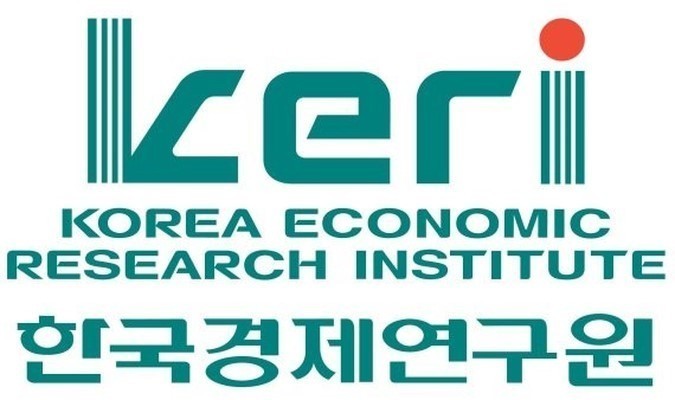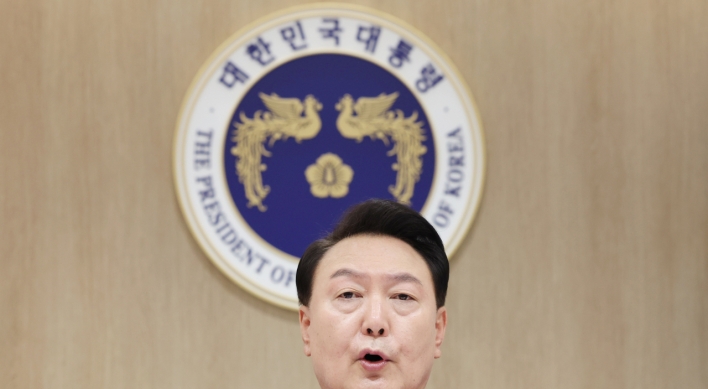Korea’s potential growth rate may hit zero in following decade: report
By Jo He-rimPublished : Oct. 27, 2021 - 15:54

With South Korea’s economic engine sputtering, the country’s potential growth rate may fall to zero in the following decade, a study showed Wednesday.
According to research published by the Korea Economic Research Institute, most of the country’s macroeconomic indicators on production, consumption and investment cast a gloomy outlook.
The country’s potential growth rate -- the maximum rate Asia’s fourth-largest economy could grow without triggering inflation -- fell from the 8 percent range in the 1990s to some 2 percent in recent years, and if this trend prolongs, the figure could even reach zero in the next 10 years, KERI said in its analysis.
The research said the slow growth trend has been affected by three major financial crises the country suffered in the past: the Asian financial crisis in 1997, the global financial crisis in 2008 and the COVID-19 pandemic.
The country’s annual growth in gross domestic product slowed significantly from an increase of 6.8 percent in 2010 to 0.9 percent in 2020.
While consumption and investments account for the biggest portion of the country’s gross domestic product, the growth rate for private consumption decreased from 4.4 percent in 2010 to minus 5 percent in 2020, to record the lowest figure since the financial crisis in 1997.
As for the rate of increase in exports, it also declined from 13 percent in 2010 to minus 1.8 percent in 2020, and the youth unemployment rate grew from 7.7 percent to 9 percent over the past decade.
The report also warned that, while the current circumstances may appear positive with exports rebounding amid the COVID-19 pandemic, the country is actually standing at a crossroads.
For the sluggish potential growth rate, the report stated existing growth strategies have hit their limits, and also pointed to labor market rigidity and a lack of technological innovation as the causes.
“As shown in the research, Korea’s potential growth rate is declining at the fastest speed among major countries,” said Lee Seung-seok, a researcher at KERI.
“The country’s economic policies, which have sought to expand factors of production in quantity, and pursued imitating technological development, can be seen as the major reason for the growth decline.”
As the next presidential election is slated for March, Lee also claimed enhancing economic growth should be set as the priority for the next administration.
“To establish the foundation for sustainable development and to restore the growth ladder, the government has to abolish regulations to lead bold investments from companies and encourage flexibility in the labor market,” Lee said.
“In order to take a step further to achieve the goal of $40,000 per capita income, improving the growth rate should be the No. 1 policy task for the next administration.”
By Jo He-rim (herim@heraldcorp.com)




















